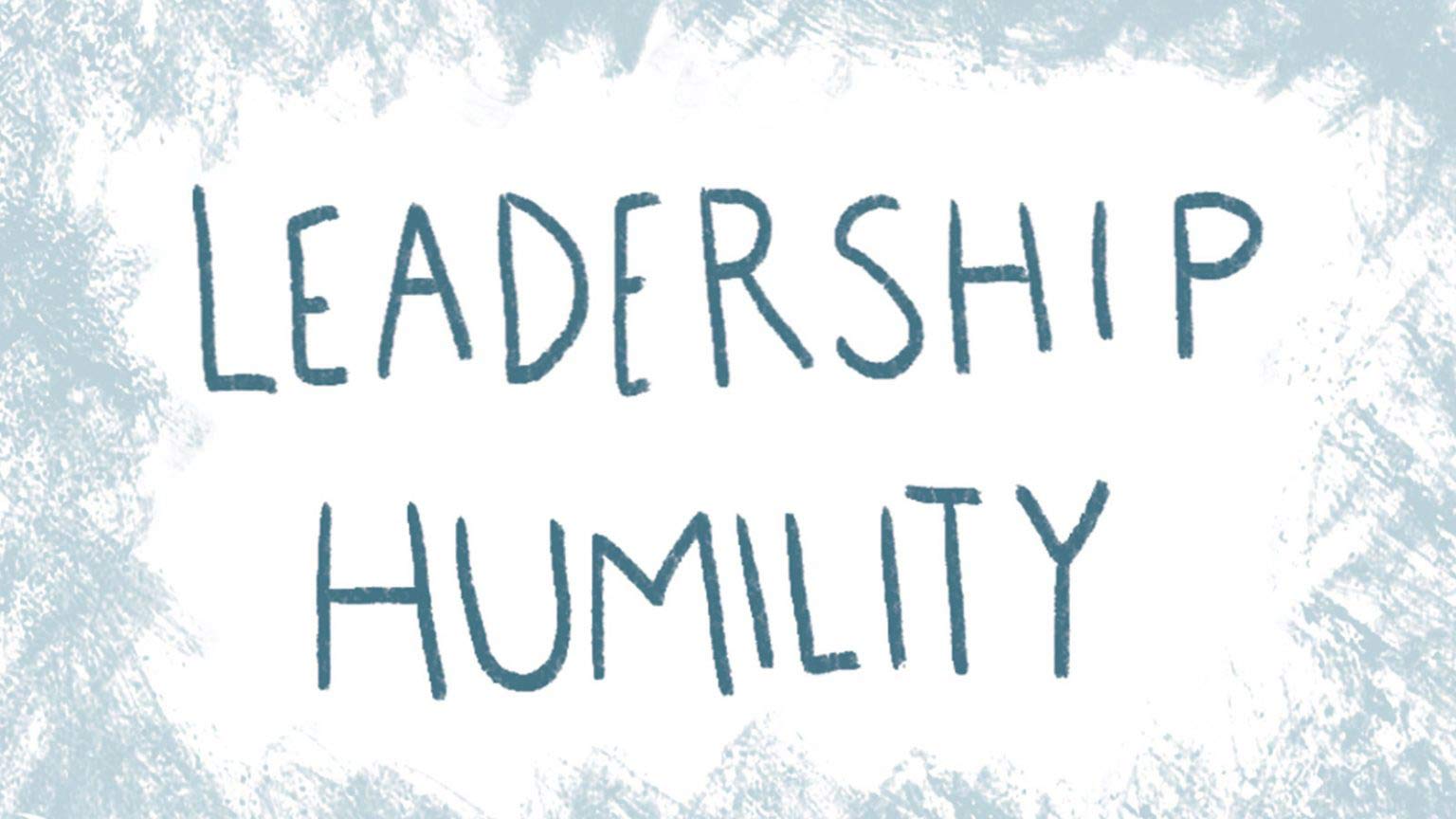In an interview, Smt. Sudha Murthy, Chairperson of Infosys foundation said “Who needs worldly desires to display success.” Late Doctor A.P.J. Abdul Kalam, the former President of India was a multifaceted personality – he was a musician, writer, Scientist, head of missile programmes and most importantly, President of India; yet, he preferred to be known as a teacher –he believed that a teacher is responsible for developing and empowering his pupils which is the greatest service to mankind. Such is the humility of these great leaders, to name only a few. It is only due to their humbleness that they command awe and respect from one and all.
Humility of the employees in organizations, particularly those involved in customer service such as Banks or Hospitality industry, is the key to their reputation. A humble workforce in such industries is able to connect better with their clients which results in better and long lasting relations. Service industries are judged, inter-alia, by the quality of their customer service- traits which turn the customer experience into customer delight, leading to greater customer loyalty.
Customer service in an organization is a team effort. The larger organizations are hierarchical and as one progresses in his /her career, there are promotions and elevation of positions. Many officials are required to lead their teams. Under the circumstances if the person maintains his humility despite his elevation, he is bound to earn the respect of his team members as his aim will not be to play them down but to take them along in her/his journey towards the success of his organization. In turn, he/she will have a satisfied and motivated workforce and attrition will be lower.
Let us discuss some of the traits of humility which successful leaders must display in order to take their organization to greater heights:
Being respectful to each other’s opinion: Ram, the peon in our last bank branch was a resident of the village where the branch was situated. Since he knew almost every local account holder, he was the key person whenever any loan recovery had to be affected. The branch head treated Ram at par with any other branch staff. Ram was asked to attend every branch performance meeting and his opinion was sought in matters of importance without any discrimination. As a result Ram always went an extra mile to perform duties beyond what was ordinarily required of him. Our branch performed very well in all parameters.
Thus, a humble leader is mindful of the fact that great ideas and out of box thinking can come even from the employee who is at the lowest rung of the team ladder. She/he would always appreciate the efforts of his team rather than shunning them on the ground that the idea has come from a person much junior to her/him. “We” not “I”: A humble person is a strong advocate of the “WE” concept .He projects all workplace achievements as “collective achievements of the team” and not taking all the credit himself. This gives the team a sense of belonging and a feeling of “together we can”. This motivates them to perform even better in future.
Admitting one’s mistakes: We all are humans and are bound to err. A humble leader knows that admitting her/his mistake and apologizing for the same would not belittle her/him. It will, instead, result in enhancing her/his image in the eyes of the team members.
Let the controls go: The humble leader understands that tight controls over the team, especially if it is a competent one, do not work. She/he does not try to micromanage everything and leaves ample room for freedom and creativity. The teams under a leader may have varied degrees of competency. While she/he would simply delegate work to a highly competent team, he may have to resort to scaffolding (i.e. providing initial support and then make them to do the work independently once they have acquired the necessary skills) for a team which is less competent. A leader also ensures to recognize them in public for even the smallest of their achievements.
My team, under my incumbency as a branch head was not too adept at digital banking. I arranged for four weekly sessions taken by IT personnel of the bank’s Local Head Office where the team gradually learnt all about digital products of the bank including trouble shooting. Once they had gained sufficient knowledge, I advised them to give a presentation on digital products before a specific group of customers and its success really boosted their moral. The team did not require any handholding thereafter.
Self Reflection: A humble person engages in introspection and self reflection at regular intervals, looking for areas where he can better herself/himself. She or he does not let oneself be engulfed by arrogance giving oneself the false notion that he is the best and there is no further scope for becoming better than what he already is.
Accept and give feedback: A humble person never reacts adversely to criticism and is open to all kinds of suggestions. He / she also ensure to give specific and constructive feedback to his team. He makes sure that feedback does not sound like an insult to the staff. Instead of saying “You have done a lousy job”, he will say “You have done a wonderful job .May be we can make it a little better by —–
Do not hesitate to ask for help: A humble leader would not hesitate in seeking help from his subordinates just because he is their boss. This humble act helps to build trust amongst team members.
Have good listening skills: A humble leader listens more and talks less. A stark example of this trait is the first chapter of Bhagavad-Gita where Lord Krishna patiently listens to the anxiety of Arjun who is quivering at the mere thought of fighting against his own brothers. Once Arjun has spoken his heart out and Krishna has listened to him, he gets connected with his mentor who is now able to convince him to pick weapons against his kin in order to preserve “Dharma”. Once the leader is humble enough to listen to his team, connecting with them becomes easy.
Remember you may not always remain at the top: Most of us work for hierarchical organizations. The humble leader is seized by the fact that the inter- se position in the hierarchy will keep changing. Our junior today may become our senior in future; hence humility must be maintained at all times.
Be the change you would like to see: My current boss has no hesitation in taking the broom from the branch sweeper and show him the areas which need deeper cleaning. He does not wait for anyone else to come and clean his chamber and does it himself when the lone sweeper at the branch is on leave. This not only sets an example for the rest of the staff, there are also no complaints when the permanent cleaning staff is absent as everyone contributes to the upkeep of the branch.
Having patience: A humble person is empathetic, i.e. he is able to look at things from the other person’s perspective. He understands that all persons are not on equal footing when capability is concerned. He shows patience while dealing with such persons without making them feel inferior to other team members.
Humility is often confused with being weak and is looked upon as a negative trait. On the contrary, humility is the strength of one’s character as humble people are more adaptable to stress, live with better peace of mind, are able to maintain better interpersonal relations and are gifted with better physical and mental health. They know how to respect all human beings and due to this, respect automatically comes back to them.
However, there is a word of caution. While being humble, one must showcase his accomplishments and speak up when need be. If one does not do so, people may underestimate him and his accolades may go unnoticed. The best way is to work with humility and to let people know when one has done something good on his own. This revelation of one’s capabilities, however, must not turn into arrogance.
In the end we can only say that leadership humility is traits which can help the organizations navigate through twists and turns of difficult business environments, building trust between all stakeholders.
In the words of Harry Truman “It is amazing what you can accomplish if you do not care who gets the credit.”
Chhavi Jain, SBILD Jaipur





